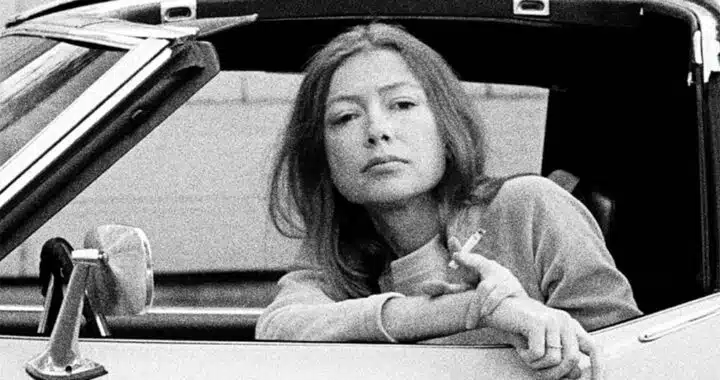
The Chaotic Life and Violent Decline of Legendary Drummer Jim Gordon
Famous for his session work with big names in rock, pop, folk, and jazz musicians, the drumming never stopped as Jim Gordon’s life and mind came apart.
Features, reviews, interviews, and lists about books including cultural commentary and history, non-fiction, literature, and more.

Famous for his session work with big names in rock, pop, folk, and jazz musicians, the drumming never stopped as Jim Gordon’s life and mind came apart.

In his history music history book High Bias, Marc Masters argues that cassette tapes will never die because they never really went away in the first place.

Blending personal experience with popular culture, Peter Coviello seeks to democratize how criticism is understood and practiced in Is There God after Prince?

Eleanor Patterson’s Bootlegging the Airwaves is a lively study of home-taping in the pre-digital era and the communities this “unpaid labor” created.

All 25 of the wide-ranging albums in Fifty Years of the Concept Album in Popular Music are placed under the microscope with equal, respectful scrutiny.

In the 1969 Pulitzer Prize-winning House Made of Dawn, Native American author M. Scott Momaday confronts an infinite darkness in nature and ourselves.

It’s Not All Fun and Games is straightforward in manner and unconcerned with critical introspection. It’s a practical affair about how games are produced.

Kubrick: An Odyssey by scholars Robert P. Kolker and Nathan Abrams is an ambitious, thorough, and important new take on Stanley Kubrick’s life and work.

The peculiar technology of the lo-fi, crappy cassette tape exemplifies the inherent contradictions of popular music better than any other medium.

Evelyn McDonnell’s Joan Didion biography can’t get through the writer’s “locked door”, but it’s useful for conversations about the forms and ethics of criticism.

The “ABC” structure and diverse archival material in The Cinema of Barbara Stanwyck make it among the most interesting texts released in 2023.

In our world, we irrevocably control the dead and their narrative. In Juan Rulfo’s masterpiece Pedro Páramo, however, the dead control their narrative.